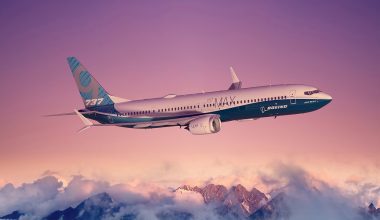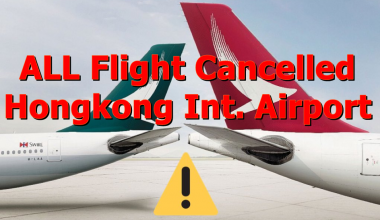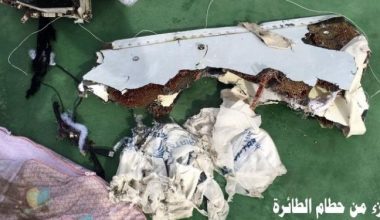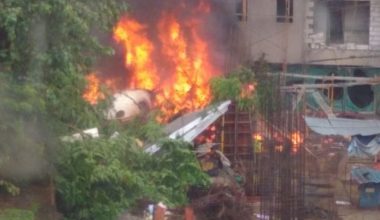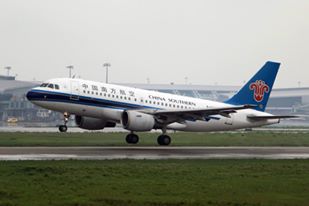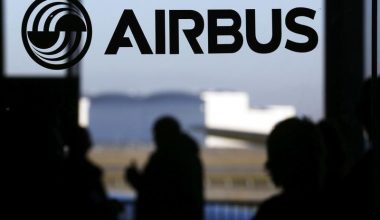Intercontinental Ballistic Missile (ICBM) test launch by North Korea has affected various passenger airlines to alter their route to their destination and opinions began on whether the airlines route should be altered in order to avoid possible threats and risks.
There has been growing concern about flight paths in the region after two other Asian carriers reported that some of their pilots believe they spotted yet another ballistic missile North Korea tested earlier this month. Singapore Airlines reportedly altered a flight route between Asia and the United States earlier this year in reaction to North Korean missile tests.
Hong Kong flag carrier Cathay Pacific revealed that the crew of a homebound flight from San Francisco saw what seemed to be the missile re-entering the atmosphere on November. Korean Air reported that pilots on two of its flights to Seoul “saw a flash, and everyone [assumed] it had to be the missile, because of the timing.” Scandinavian and Swiss Airlines have also re-routed their flight to Japan.
However, after the latest missile test in the late November 2017 Cathay Pacific and Korean Air claimed they are not changing the flight routes. Similarly, the United Nations aviation agency sees no point in creating a flight prohibition zone around North Korea, as the missile test launched by the states are unpredictable, therefore it is impossible to predict when or where the next test might take place, Reuters reports.
Most airlines have started to expand their no-fly zone around North Korea. Air France had extended its no-fly zone following an incident when one of its planes allegedly flew in a less than 100 km distance from the missile test in July 2017, the BBC reported. Lufthansa is also one of the airlines avoiding North Korea and re-evaluating flight routes near the Sea of Japan daily to provide service to Japan and South Korea.
OPSGROUP, which provides safety guidance to airlines, said in September that the western portion of Japanese airspace is a risk area due to multiple North Korean missile re-entries into the same area, according to its website.
International Air Transport Association (IATA) director general Alexandre de Juniac was quoted in the South China Morning Post on Thursday saying that the International Civil Aviation Organization (ICAO) “could declare a no-fly zone” in the region. ICAO has condemned North Korea for launching missiles without notice, a move that could represent a threat to commercial flights.
Tensions in the region have risen markedly in recent months after repeated North Korean missile tests in defiance of U.N. sanctions and the detonation of what Pyongyang (n. Korea capital) said was a hydrogen bomb on September 3. On 29 November, Pyongyang fired which is supposedly its biggest and most powerful missile that day claimed to be a new type of ICBM that could hit mainland US.

